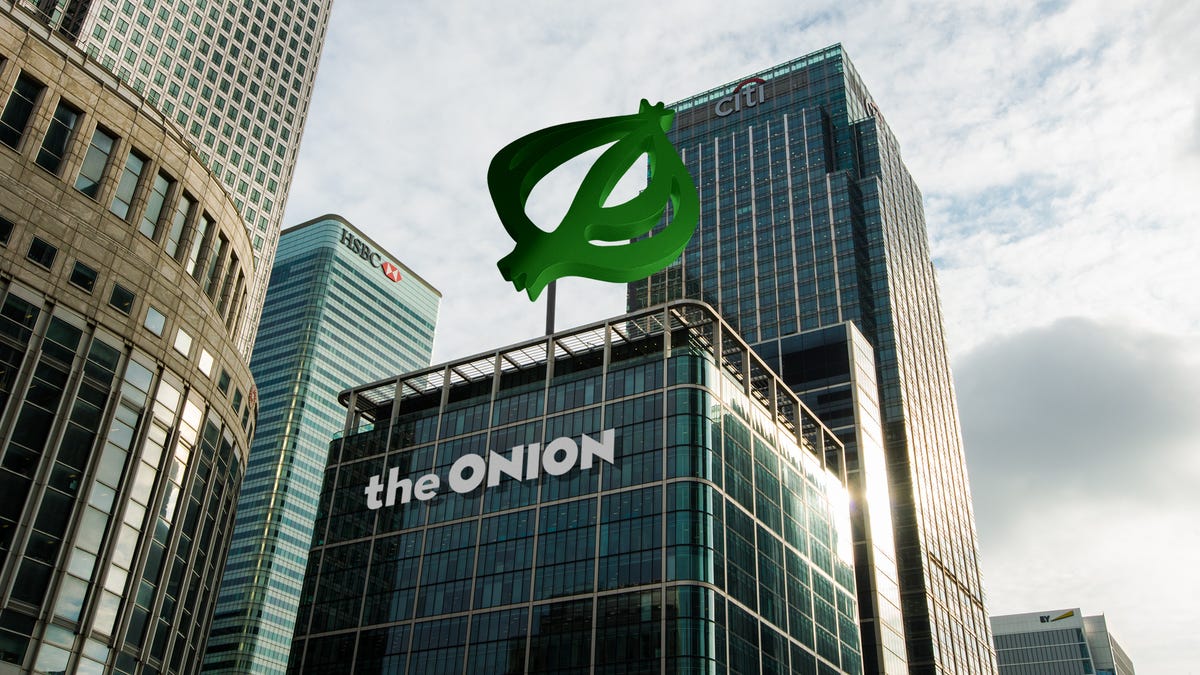HauntedBySpectacle [he/him, comrade/them]
- 12 Posts
- 1.38K Comments

 ·1 month ago
·1 month agoChina supported the same rebels that the West did in Angola and Afghanistan to fight Cuba, the Soviet Union, and their allies. They invaded Vietnam to defend Pol Pot. They did far worse than peaceful coexistence, they actively aligned with US foreign policy all in the name of "anti-revisionism." It's ultraleft nonsense

 ·1 month ago
·1 month agoi mean this as half serious opinion and half lighthearted jab at revisionism

 ·1 month ago
·1 month agoaction
opinion
action
opinion
action
idk, seems pretty clear to me. They're terrible opinions but they have little material impact

 ·1 month ago
·1 month agoit doesn't matter if a cat is black or white, as long as it catches mice

 ·1 month ago
·1 month agoPeople here are seriously embracing literal mysticism as cope instead of reevaluating and doing material analysis

 ·1 month ago
·1 month agoIsn't the inaction of Russia and Iran precisely proof that these bourgeois governments are more driven by their own interests than by principled anti-imperialism? This seems deeper to me than a strategic mistake. They are not stupid and they have powerful capabilities. What they also have are their own bourgeois and national interests.
I think there is a persistent false dichotomy among communists between the "Western left" position that all these powers are imperialist and so equally bad and undeserving of support, and the self-styled anti-imperialist position that only the Western bloc is imperialist and so its opponents are necessarily anti-imperialist. These opponents are playing a counterhegemomic role and still they aspire to imperialism or at the very least to their own capitalist development (IMO the latter necessarily implies the former, that's Marxism). It's not an either/or.
Russia and Iran simply will not self-sacrifice to the extent of the DPRK, Cuba, or currently the Yemenis. Why would these powers be consistent anti-imperialists when their system is built to sell out? Following bourgeois interests is the same reason Russia began to fight NATO in Ukraine in 2022 instead of 2014. Back then it was preferable to sell oil to Westerners than to fight imperialism.
It is true that Russia, Iran, & Syria under Assad are better than the alternative. I agree that it has been right to critically support them. This situation is an absolute disaster; Syria is on track for an Afghanistan/Libya style nightmare, and this is the clearest victory for Israel and its backers in over a year. But they are not communists and that is a clear reason why they act the way they do.
In my view, Russia intervened in Syria in 2015 because they wanted to maintain a partner in an increasingly Western-dominated Southwest Asia, they wanted the use of their ports, and they wanted the Syrian market to be more amenable to Russian than Western capital and weapons exports. They perceived the benefits as worth the costs. Now supporting Assad and the like would be good money following bad, so they won't do it. It is self-serving in the same way their betrayal of Armenia was. Let's not forget their historically close relationship with Israel either.
Bourgeois powers can be worthy of support over other bourgeois powers in a particular context, but that should not cloud our judgment to the point we are surprised when they do not give up capitalist development for the cause. In the case of Assad, part of the reason the war began in the first place was his government's neoliberal privatizations leading to mass popular discontent, which, as you know very well, the West promptly took advantage of to further destabilize and to promote Salafist insanity. (That is not incompatible with the Syrian government having no good options after the imperialist war began. I agree there's little they could have done past that pivot point; that should not be the focus of criticism.)
As an aside, this false dichotomy plays into the ridiculous turf war on this site between "doomers"/"bloomers". We need to break out of black and white thinking in general.
It definitely criticizes industrial civilization as a whole but I think the portrayal is more focused on unsustainability than technology itself being bad.
I hope you didn't spoil yourself with a full summary
It's definitely bleak but the protagonist is an inspiring comrade and he finds purpose in his circumstances
Underrated Ghibli film, good picks overall
Have you seen Nausicäa? That 1 and Mononoke are my favorites. Miyazaki is at his best when he centers environmentalism
yeah top 4
- Show

- The Human Condition, vol. 3 (the whole trilogy should be seen in order, but this part is peak)
- Come and See
- Ikiru
- My Dinner with Andre
These movies are so good they are life-affirming. They fill me with a will to change and to live beautifully. All are politically conscious, to varying degrees, too. I really think anyone would get something out of watching them

 ·2 months ago
·2 months agoYou can but you shouldn't. Alcohol fumes are super dangerous

 ·2 months ago
·2 months agoHis theory of the right to property ownership being justified by "improvement" is essential in the development of bourgeois ideological hegemony (which includes that the bourgeoisie are more fit to rule than feudal landlords: compare Smith) and rationalizing settler-colonialism in the liberal world view.

 ·2 months ago
·2 months agoMy idealistic guess would be the philosophical split between rationalism and empiricism, which is a lot less pronounced in Marxism. See: Where Do Correct Ideas Come From?
I don't know what material factors would influence this division

 ·2 months ago
·2 months agoI think the lib pantheon is a little more crowded because their leaders are more often notable for either intellectual or political work rather than both, the way Lenin onward are. Early liberal revolutionaries didn't tend to write theory as significant or famous as that of their Enlightenment philosopher contemporaries, especially in Europe. Who in the modern day is reading Robespierre or Cromwell the way they would Smith or Ricardo? The United States had more crossover in fields though
Intellectually the 5 are probably John Locke, Adam Smith, Montesquieu, Rousseau, snd Voltaire. Maybe swap in James Madison, David Ricardo, or de Tocqueville for one of them.
For political leaders and revolutionaries, Oliver Cromwell, George Washington, Maximilien Robespierre, Simon Bolivar, Giuseppe Garibaldi.

 ·3 months ago
·3 months agoI ate a stinkbug accidentally. I don't recommend it. Dry and blandly bitter before the stank kicks in









Heraclitus is cool actually but so little survives